It’s been a lugubrious 18 months for software and technology deals, but investment bankers and deal sponsors are relatively optimistic about the second half of the year.
They point to several pockets of strength in the market, among them industrial technology and energy technology.
Statistics from SPS by Bain & Co tell the story of the broader slowdown. The 1,875 North American technology deals that closed last year was off 23 percent from the year before. In the first quarter, private equity and corporate buyers acquired just 304 technology companies with enterprise values of $10 million or more.
Part of the blame for the falloff goes to a precipitous drop in the valuations of public technology companies last year. With the value of the tech-heavy Nasdaq Composite down more than 33 percent in 2022, business owners were understandably reluctant to bring their companies to market.
Still, when polled, about half of the PE professionals participating in a mid-June webinar hosted by publishers PrivateEquityCareer.com and PE Professional said they expected to consummate more software and technology platforms this year than last year. Nearly another quarter (23 percent) said they expected to close the same number.
One of the featured speakers on the program, Abraham Borden, director at Diversis Capital, noted that there’s “plenty of debt capital available in the market,” if expensive. True, Silicon Valley Bank, in its heyday a very active lender to lower-mid-market software companies, failed earlier this year. But Borden pointed to CIBC, BMO and TD Cowen as steady players in the market stepping in to fill the void.
Another featured speaker on the program, Devin Mathews, a co-founder of Chicago-based software investor ParkerGale, said his firm’s deal flow, which he defined as in-bound calls from interested sellers, has risen 18 percent so far this year.
Among the reasons for that rise, the firm for the last 10 years has been making a regular splash producing the Private Equity Funcast––a podcast for business owners and M&A professionals. “We’ve had over 3 million downloads, and probably sent out a couple of thousand t-shirts around the world to people,” Mathews said.
ParkerGale also maintains a blistering pace of investment thesis creation, just about one every two weeks. It then sends a presentation deck describing the thesis out to founders in the space.
“And lo and behold, we have an 80 percent open rate and 40 percent callback rate.” Added Mathews: “Cold calling a founder or sending them an email out of the blue takes time away from their job of running their business. Sending them detailed information about their industry and what’s going on and what our theses is in that space is giving them something.”
Mathews and fellow speakers––including Dominic Chan, director at Vaquero Capital––also pointed to pockets of the software and technology M&A markets that they say have stayed relatively healthy amidst a broad slump. These include the market for companies developing software for vertical markets, such as hospitality, industrials, energy and natural resources, and food supply chain management and compliance.
According to data from SPS by Bain & Co., for example, buyout firms and corporations closed 13 energy and natural resources software deals in 2022, up from 12 the year before. Vaquero Capital earlier this month represented Canadian energy SaaS provider Pandell in its sale to ESG, backed by buyout shop Accel-KKR. The deal produced “a really nice outcome” for the seller, said Chan.
“They are an ERP platform primarily for upstream oil and gas,” he said of Pandell. “They also touch areas such as mining, agriculture and renewables.” Chan added: “There’s been multiple other deals in and around energy tech, as you’ve seen that part of the commodities market recover and pick up very strongly since the lows in April 2020.”

